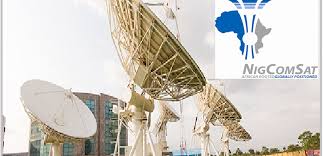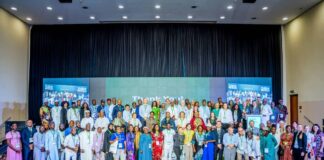No fewer than 200 rural communities across Nigeria have been connected with internet facilities in the past two years under a rural connectivity programme spearheaded by the present administration.
Managing Director of Nigerian Communications Satellite Limited (NigComSat), Jane Egerton-Idehen, disclosed this in Abuja during a one-day training for Information Technology reporters. She said the initiative aims to boost financial inclusion, productivity, and national development by bridging the digital divide in underserved areas.
Egerton-Idehen, represented by the Executive Director, Technical Services, Abiodun Attah, explained that the Ministry of Communications, Innovation and Digital Economy is also driving a programme to extend internet access to all 774 local government areas in the country.
“We live in a digital age where satellites and ICT are no longer abstract or futuristic; they are part of our daily life. Satellites power internet in rural villages, help us predict the weather, support disaster response, and even strengthen national security,” she said.
She stressed the role of the media in translating technical issues such as spectrum allocation and broadband penetration into stories ordinary Nigerians can understand. “You are shaping how people see opportunities in technology. You are influencing how policymakers respond. You are even inspiring young Nigerians to dream of careers in tech and space,” she told the reporters.
Head of Media and Corporate Communications at NigComSat, Aisha Bantam, said the training, themed Equipping the Media, Reporting it Right, was timely in ensuring accuracy, balance, and context in ICT reporting.
















